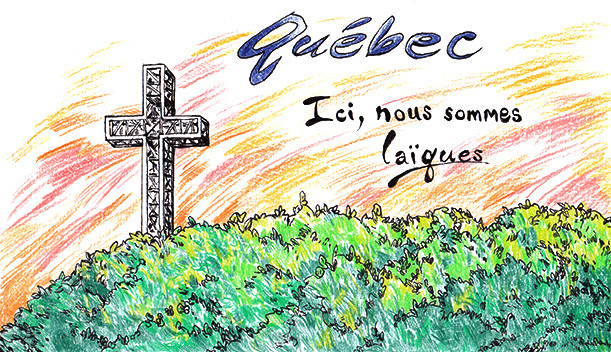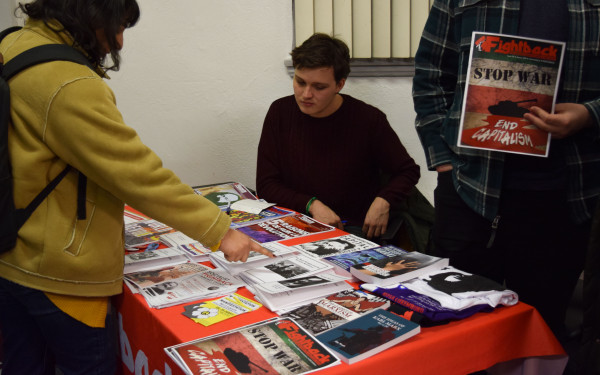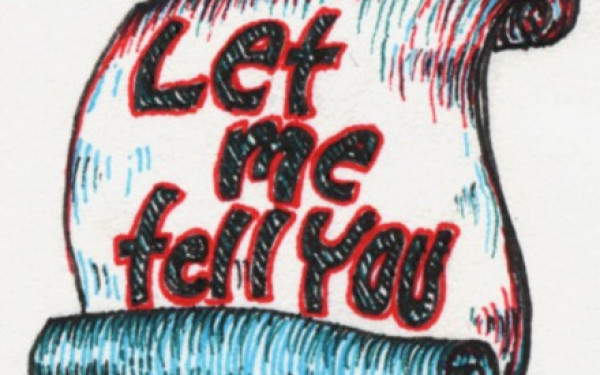Catholics Get Free Pass With Charter of Values
True multiculturalism means accepting that there are some things you will never fully understand about the people you share your country with. But it seems the Parti Québécois never got that memo.
The debate on whether Quebec should even be having this debate has taken centre stage, with the usual cries of racism and xenophobia met with familiar accusations of Quebec-bashing. But if the PQ wants to have this debate, what they need is a little perspective.
As columnist Bernard Descôteaux argues in Le Devoir, the line on laïcité (secularism) is one which any self-determining people gets to draw themselves. But this charter suffers from its monocultural perspective, with secularism defined purely from the pure laine point of view.
A white, Catholic Quebecer who only knows other white, Catholic Quebecers is going to think about how secularism is defined relative to Catholicism. The same rings true to Quebecers who have rejected the Catholic Church’s religious oligarchy, the ones who repeatedly champion Quebec’s history as reason why such rigidity is needed in the province today.
Proponents of the charter want to ensure another religion doesn’t swoop in and swallow Quebec culture, as Catholicism had done since the beginning of New France. One La Presse columnist even misguidedly called the Catholic church Quebec’s own taliban.
But that segment of the population, the children of the Quiet Revolution holding high value for secularism and gender equality, are still defining secularism with Catholicism as their reference point, even if they’ve slipped into casual agnosticism.
Christians can wear only a small cross (or no cross at all) and still be a good Christian. But that’s simply not true for Sikhs, who wear turbans as a defining trait of their religion.
The truth is, being a practicing Catholic doesn’t take all that much practice. It’s far more about what you believe than what you wear or what you eat. By basing secularism on rules that don’t clash with the prevailing religion of Quebec, minorities are being forced out of their faiths.
They’re being told, “This is fine for Catholics, so why not for you?”
It’s a debate that is arguably inevitable if people keep immigrating to Quebec. But the PQ’s proposed solution to invasive religion just encloses itself further into monoculture.
This charter doesn’t protect freedom of religion; it’s saying some can be observant while others cannot, since being observant has very different criteria for different faiths.
These rules, put into practice, are less enshrining secularism than triggering a protection measure. It draws parallels of Southern states in the U.S. passing superfluous anti-Sharia law legislation.
This charter would amount to forced assimilation in the public workforce, excluding minority members of faith as a byproduct. It forces secularization on a certain segment of people more intensely than it does with others.
It validates the worst traits of some Quebecers, and more generally the worst tendencies of humanity—to demonize what it doesn’t understand. With a secular society accommodating only the religion of those in power, the PQ is fighting for no one but their own kind.


_600_832_s.png)

1_600_375_90_s_c1.jpg)


